ZAINAB HASAN TAKES ON THE TITLE ROLE IN NEW ANTIGONE STAGE ADAPTATION
Versatile British actress Zainab Hasan has consistently shown how great she is on stage, with a wide array of characters.
Her latest is the clever contemporary adaptation of Greek classic Antigone and could perhaps be the most interesting one yet. She takes on the title role in the Regent’s Park Open Air
Theatre production, which looks at modern British politics and asks how compatible the British state is with communities that reside within the UK today.
She heads a predominantly south Asian cast in this new version of the classical Greek Sophocles play. This adds to the impressive work she has done on stage, which includes Chasing Hares, The Shakespeare Trilogy, The Tempest, Henry IV, and Tartuffe.
Eastern Eye caught up with the terrific talent to discuss Antigone, joys of being on stage, and her inspirations as an actor.
How does this new production of Antigone compare to previous projects you have done?
I have been lucky enough that all the projects I’ve worked on, I really believed in the story and work. Most of the work I’ve done previously has always touched on and asked questions of our socio-political landscape in some way; so in many ways I wouldn’t say it’s too dissimilar. I’ve also worked on modern-day adaptations of classics, which this play is, but I guess it feels different given the nature of the role and that it’s in an amphitheatre space, which I’ve never worked on before, but I’m really looking forward to that.
Tell us about the play?
It’s a modern retelling of a Greek classic, that’s transposed itself to contemporary Britain. At its heart is a very human story about a family and one that’s torn, but it’s also about how the state and country is torn too, which I feel is true to now.
Tell us about your character?
My character, Antigone, is a bit of a firecracker. I think she’s very principled, emotionally driven, sometimes irrational, but ultimately, she’s trying to do the right thing despite all the mechanisms and obstacles she’s up against. Ultimately, she cares about her family, the community, the world, and its betterment.
What is the biggest challenge of playing this role?
This play and the story are so vast. The biggest challenge in playing this role is taking on the titular character, and knowing and feeling the weight of that. But I think it’s a good challenge, and I love stretching myself.
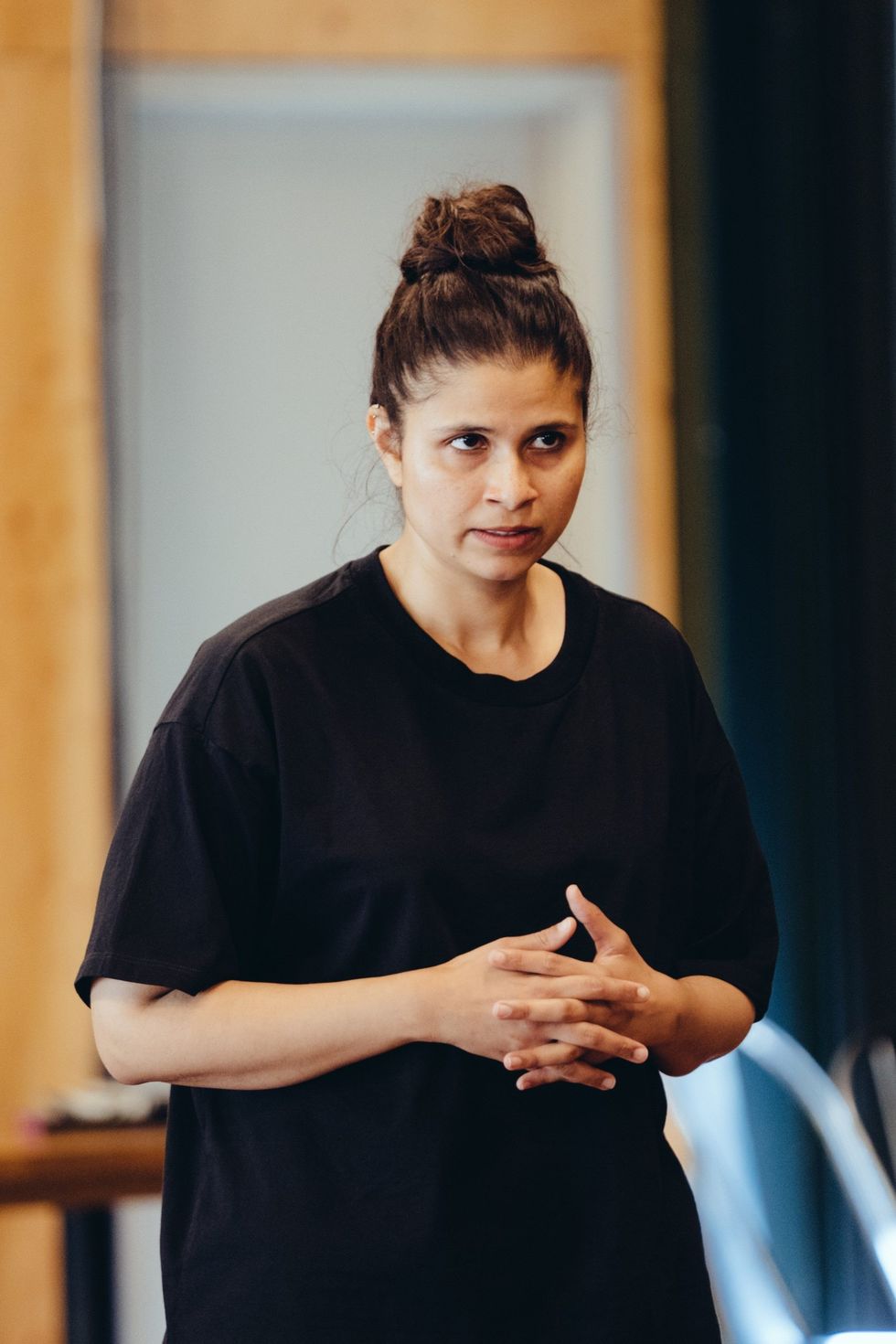
What is your own favourite moment in the play?
There are so many beautiful moments in this play that it’s really hard to pick just one. I think the chorus stuff is jaw droppingly good. Our choreographer Carrie-Ann Ingrouille is a wizard, so the movement, alongside the electric compositions by our composer Michael ‘Mikey J’ Asante with Inua’s beautiful poetry. All the different ingredients just come together in such a stunning and satisfying way in the play. You’re in for a real treat. Genuinely.
Who are you hoping this production connects with?
While this may be an adaptation, the beauty of classic plays – and therefore why it’s even possible to adapt it in the first place – is the fact that it’s so universal. So, I hope everyone finds an element they’re able to connect with in this story. As I’ve said, at its heart it’s a human story, but it’s also London, it’s Britain, and it’s now. Diverse audiences are important too. I really hope we get diverse communities in, because the play is so layered and there’s so much in this that relates to belonging and what it means to be British; the diversity of those experiences, what it means to feel on the periphery, etc.
How aware were you of the original source material it has been adapted from?
I knew of the play, but didn’t know it well, though it’s been great to acquaint myself with it for this production. It’s an incredible story. Very epic.
How does theatre compare to other acting mediums?
I love how at the moment theatre is, compared to other mediums, because it’s live and can be different every night. I love the freedom it gives you as an actor to play and to just be and to feel. Also, it feels like a very shared experience in ways that other mediums don’t allow.
Tell us about that?
It’s shared in terms of the process in the rehearsal room but also shared between the audience and storytellers on stage. It’s a buzz having live bodies in a space. The audience comes, gives you their energy, which you receive, and then send back out. The fact that this play is happening in an open-air theatre will no doubt lift the play in many ways, being in and among nature, when the sun sets, and how atmospheric it will be. I think it’s really exciting.
How do you feel before going on stage?
Before going on stage, I can feel nervous but excited too. I try to ground myself by warming up. But I love getting myself to a good place and feeling happy and revved up. Back stage banter, listening to music, being with cast mates, and bouncing off each other helps too.
What inspires you as an actor?
What inspire me as an actor are stories. I love telling stories and how it opens up another world. I love how cathartic it can be and how it allows me to step into someone else’s shoes. And the capacity it allows me as an actor to better understand the human condition. I’m inspired by telling stories truthfully and when I watch people do it well, it inspires me to do better.
Why should we all come and watch Antigone?
Come watch Antigone because it has it all. It’s full of heart, truth, and soul. It’s a human story, of a girl fighting for justice.
Antigone is at Regent’s Park Open Air Theatre in London from September 3-24,
www.openairtheatre.com / 0333 400 3562
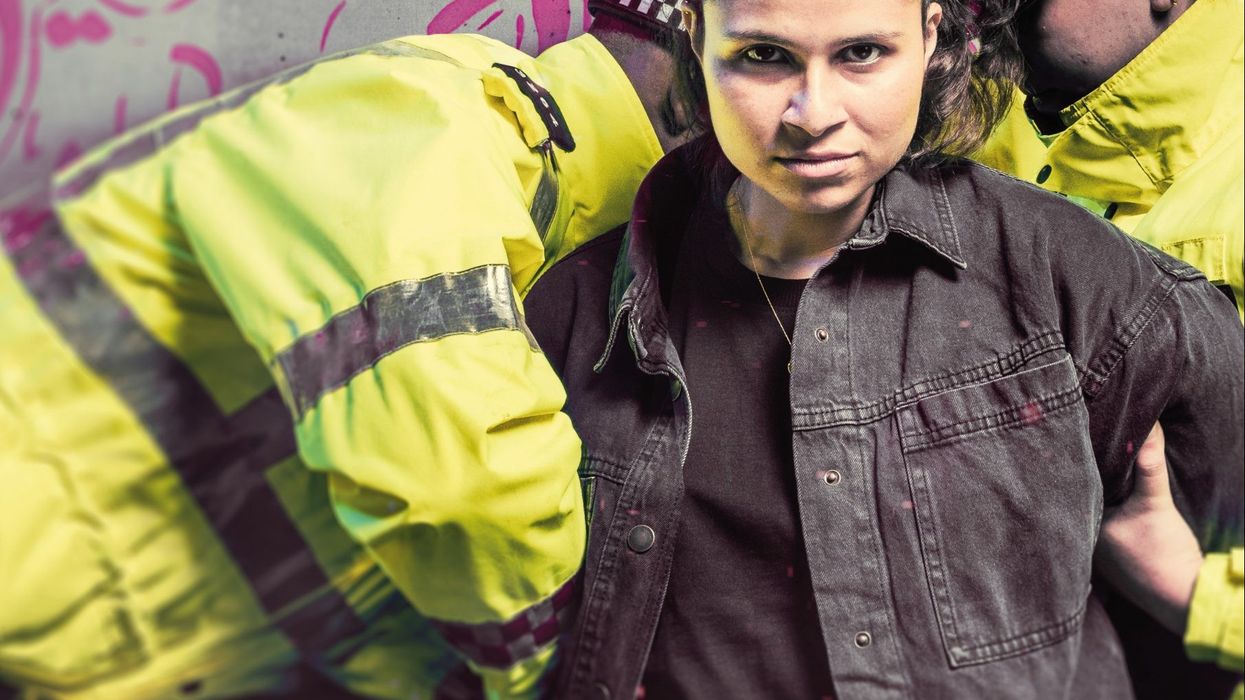





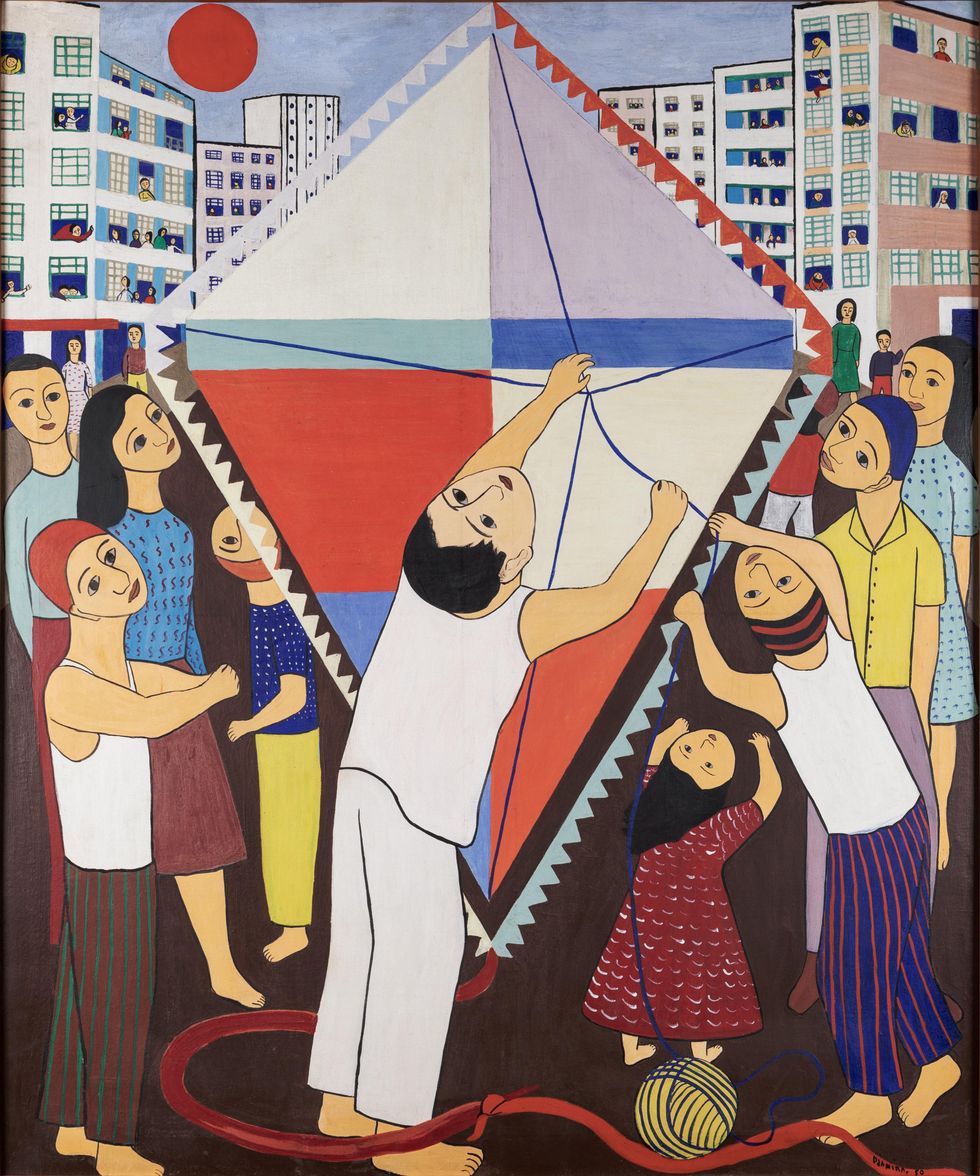 Flying a Kite (1950) by Djanira
Flying a Kite (1950) by Djanira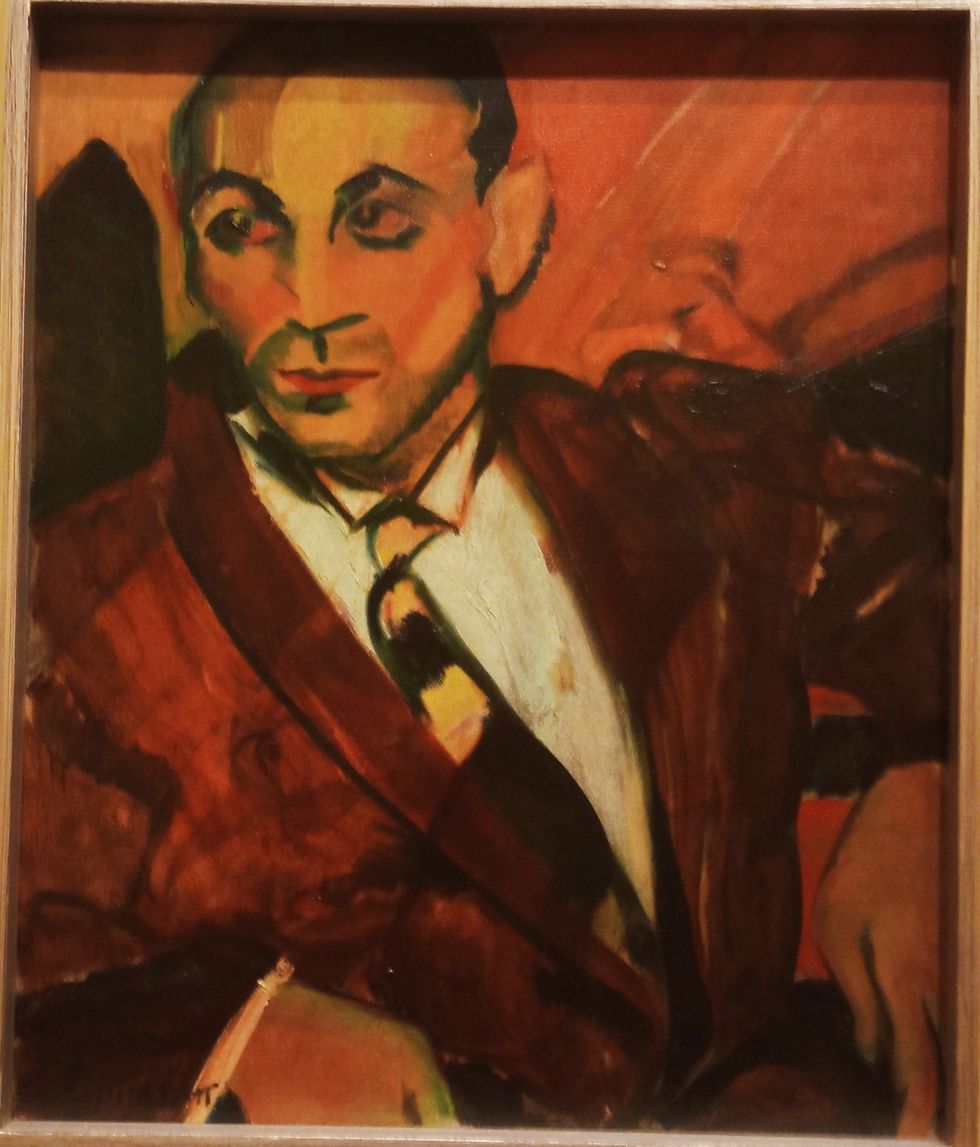 Yellow Man (1915/16) by Anita Malfatti
Yellow Man (1915/16) by Anita Malfatti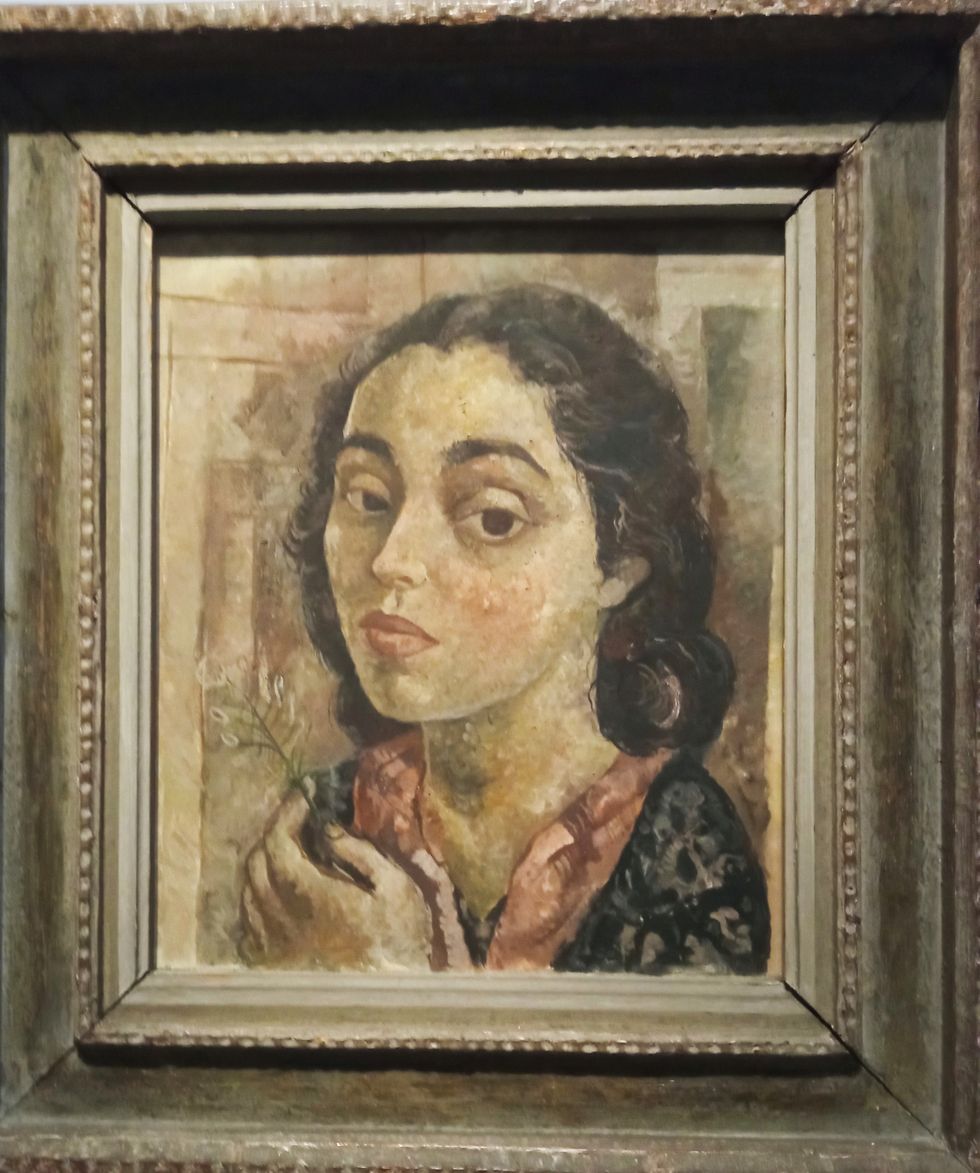 Lucy with Flower (1939-42) by Lasar Segall
Lucy with Flower (1939-42) by Lasar Segall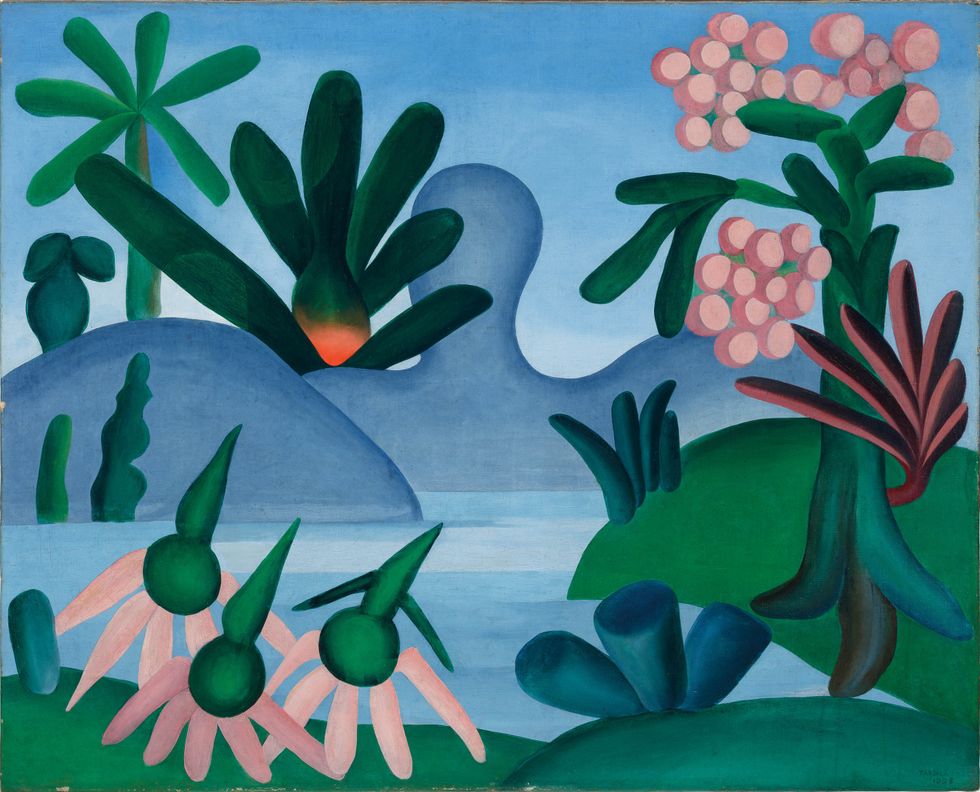 Lake (1928)
Lake (1928)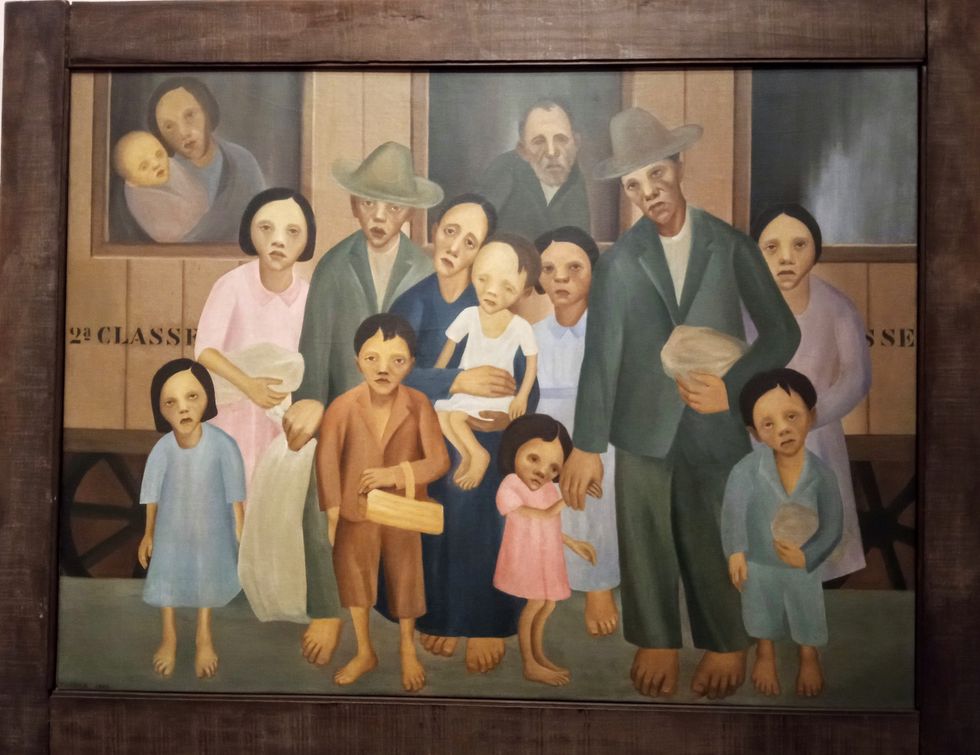 Second Class (1933) by Tarsila do Amaral
Second Class (1933) by Tarsila do Amaral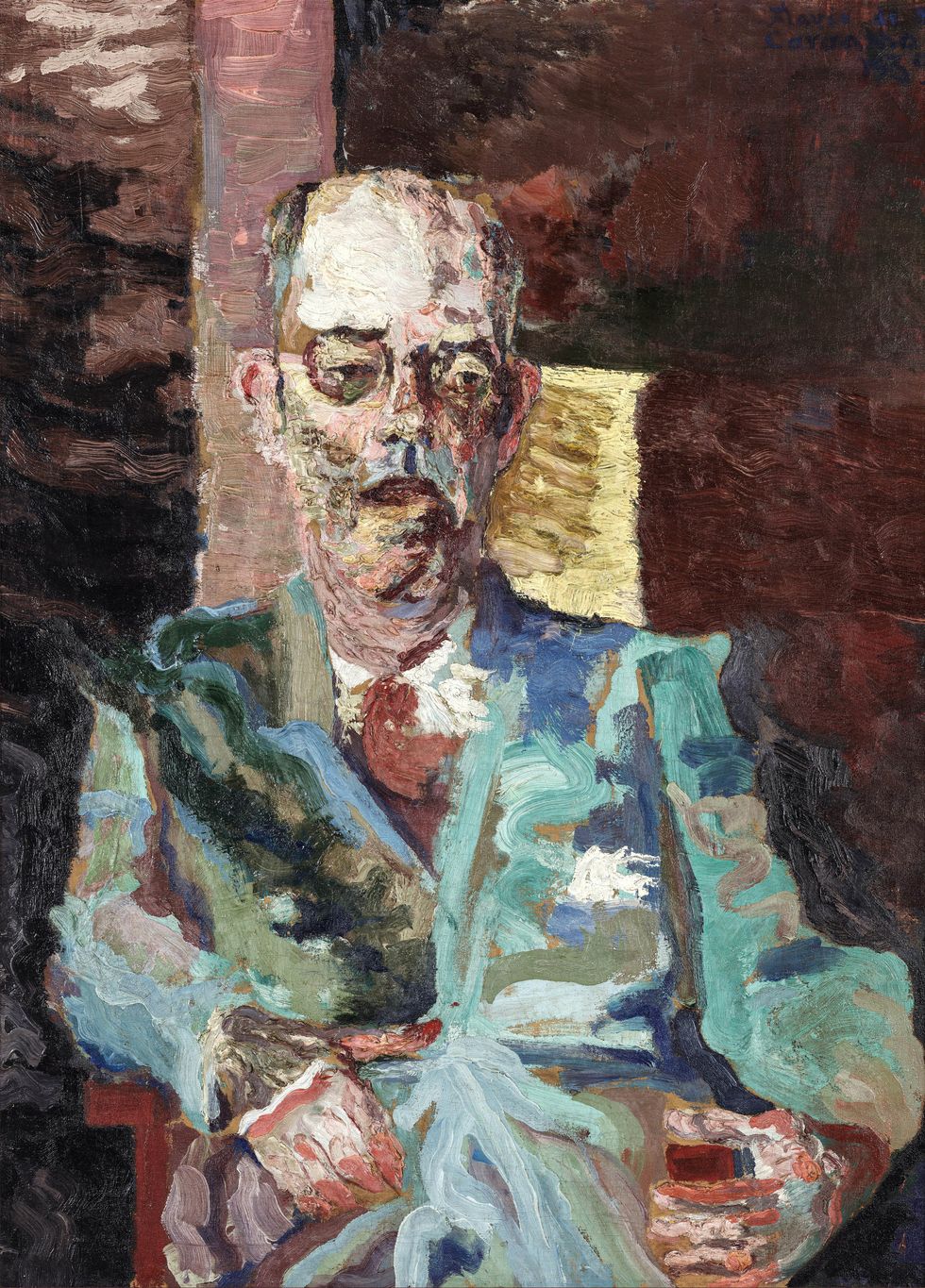 Mário de Andrade (1939) by Flávio de Carvalho
Mário de Andrade (1939) by Flávio de Carvalho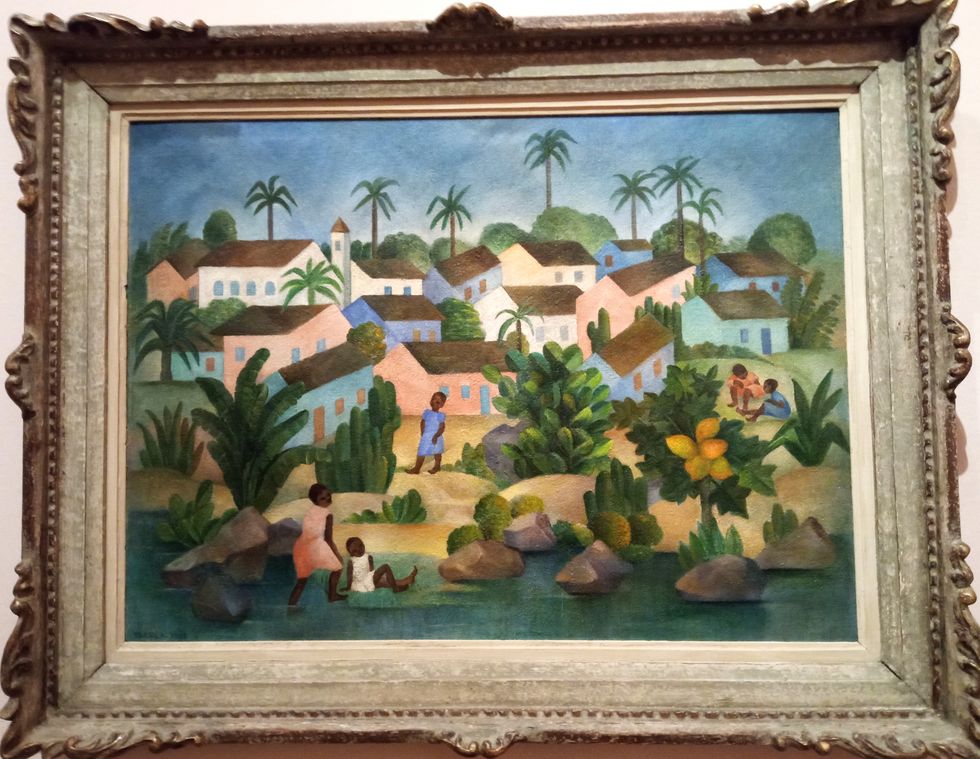 ,Settlement I (1952) by Tarsila do Amaral
,Settlement I (1952) by Tarsila do Amaral











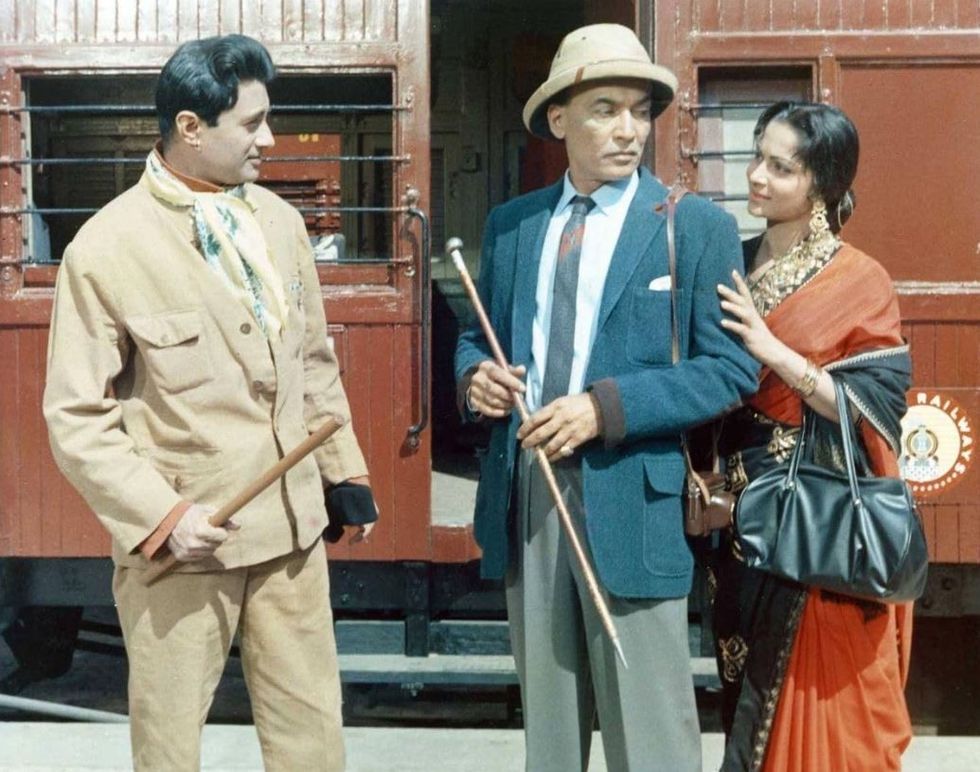
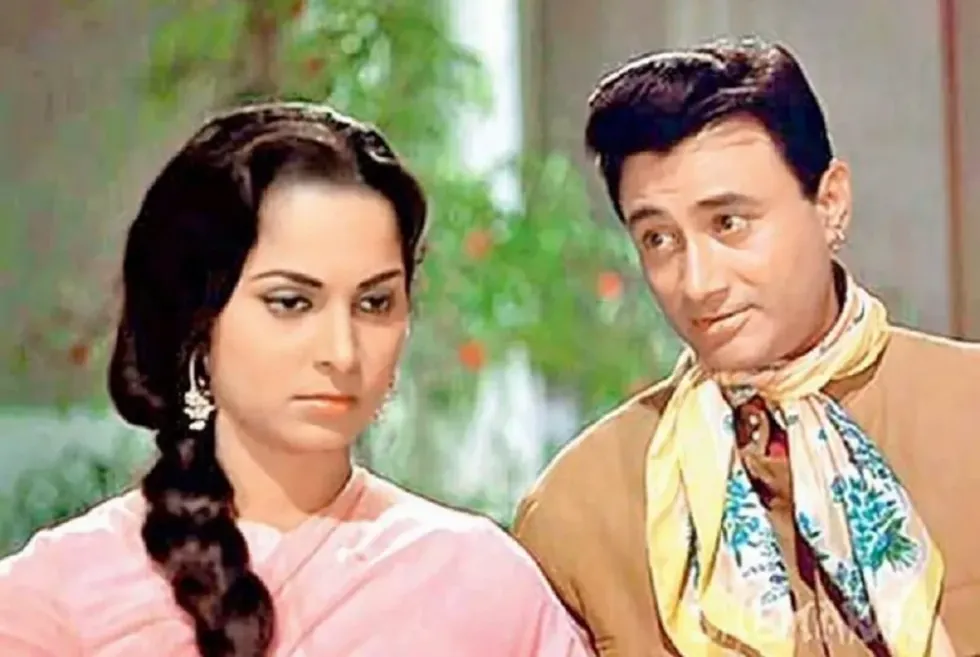
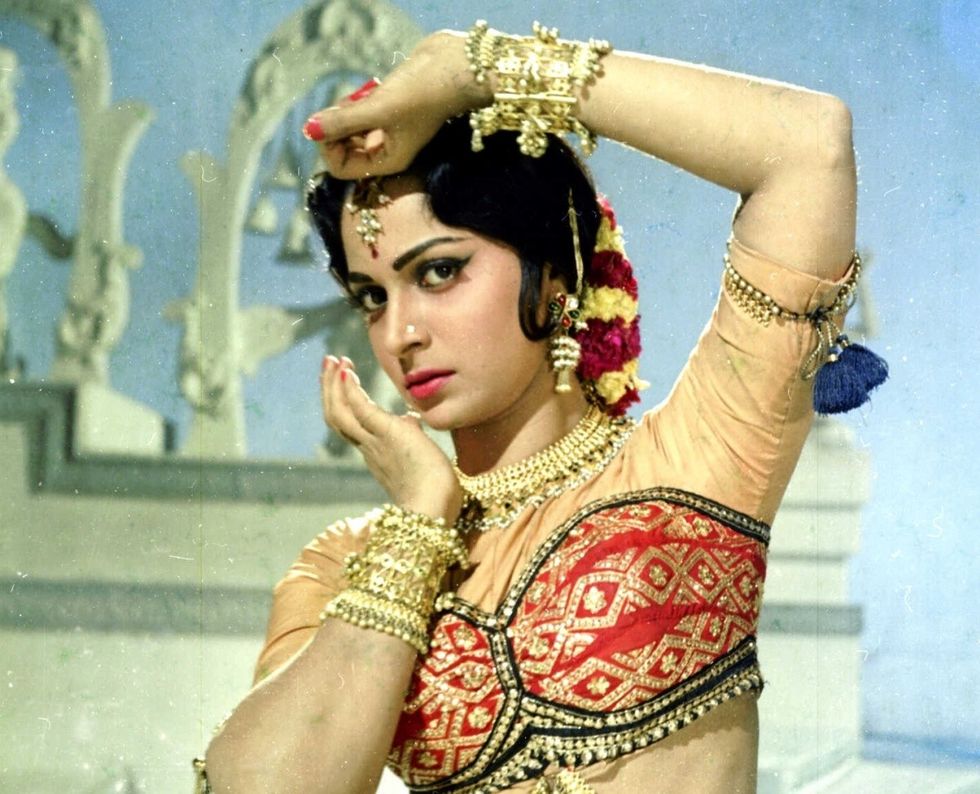
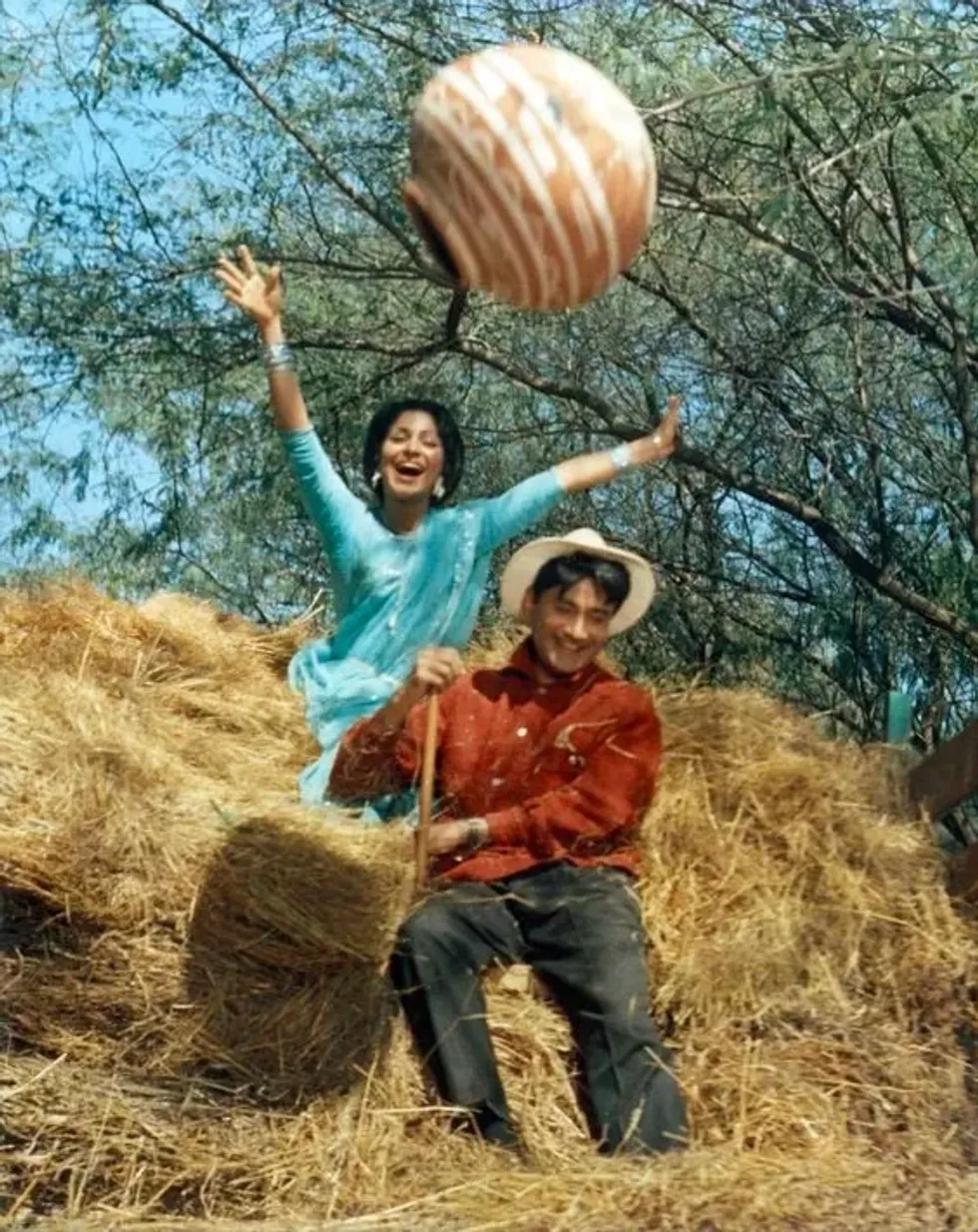
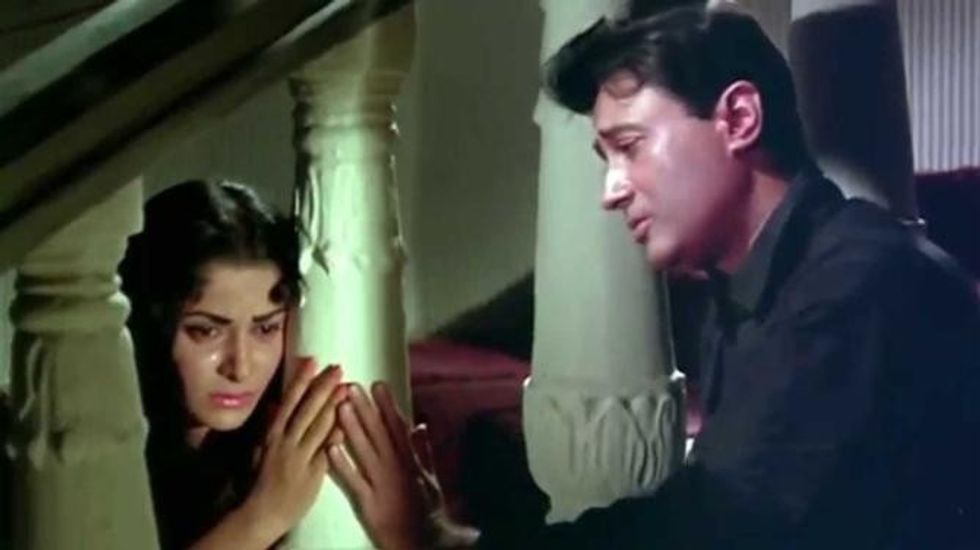
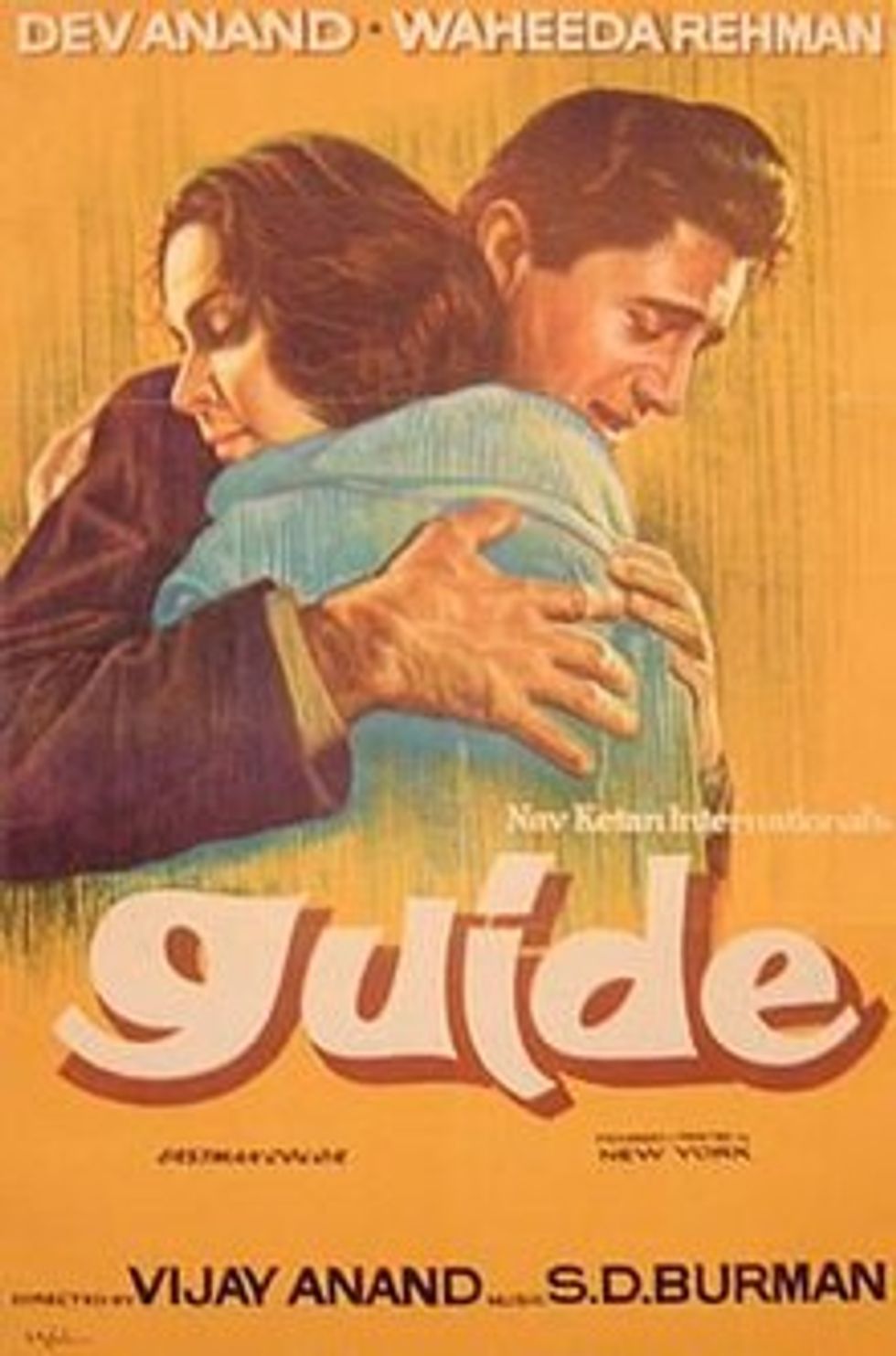 The film’s poster
The film’s poster
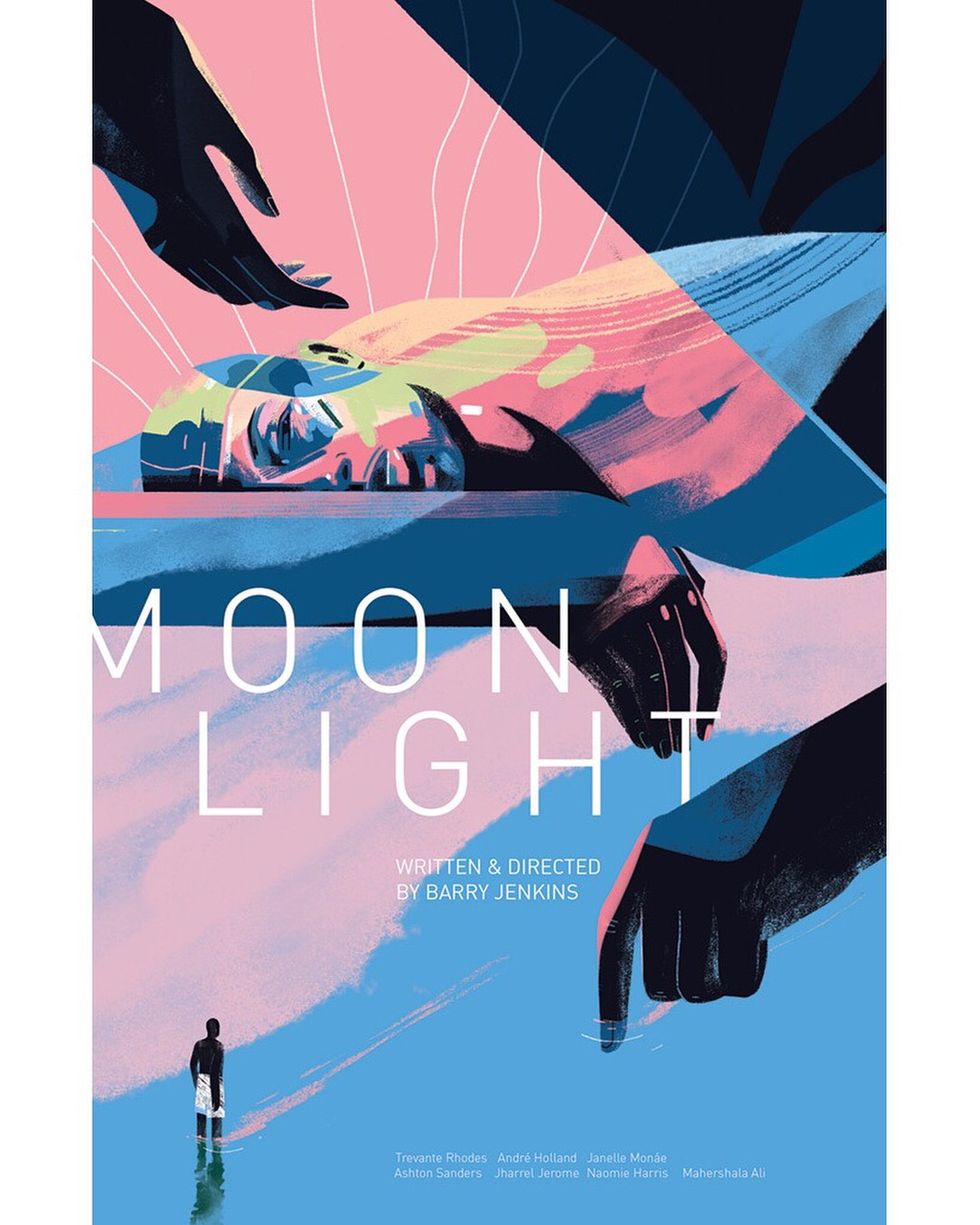 A timeless story of identity, love, and self-discovery – Moonlight shines beyond the screenInstagram/moonlightmov
A timeless story of identity, love, and self-discovery – Moonlight shines beyond the screenInstagram/moonlightmov

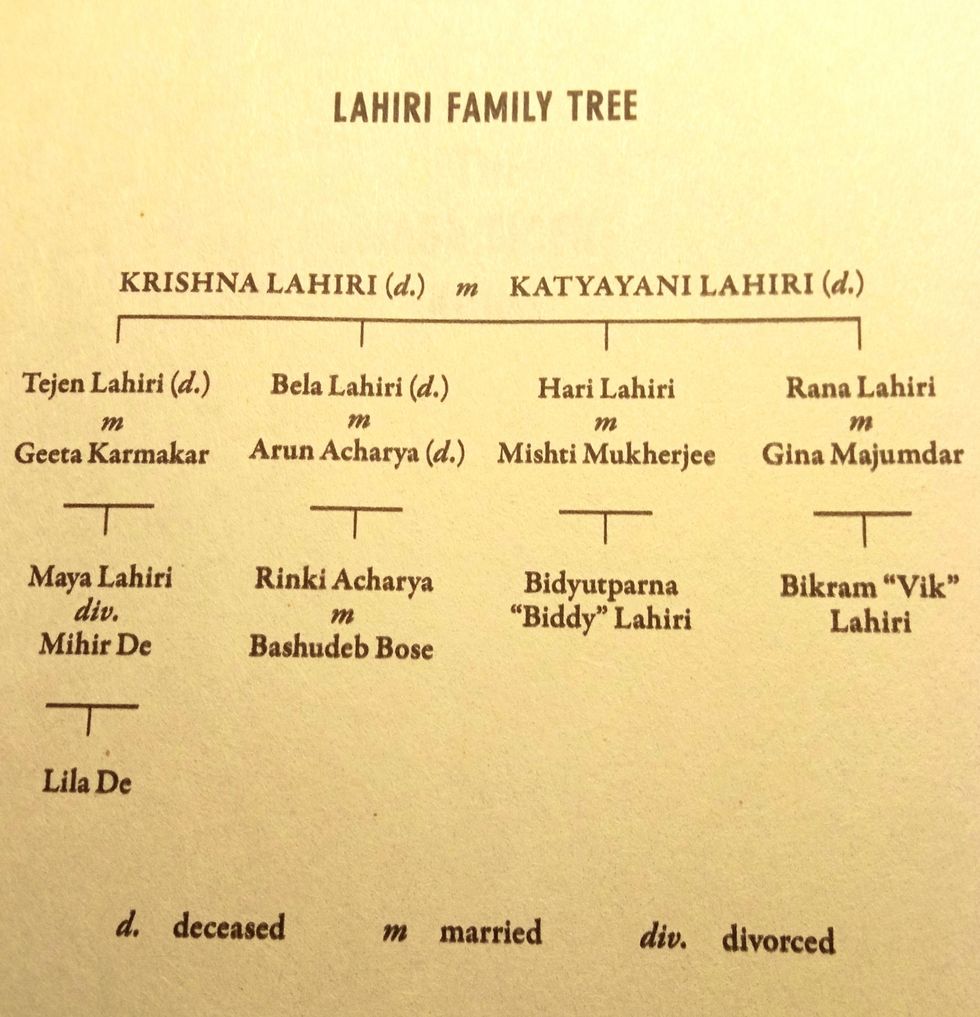 The family tree from the novel’s opening
The family tree from the novel’s opening